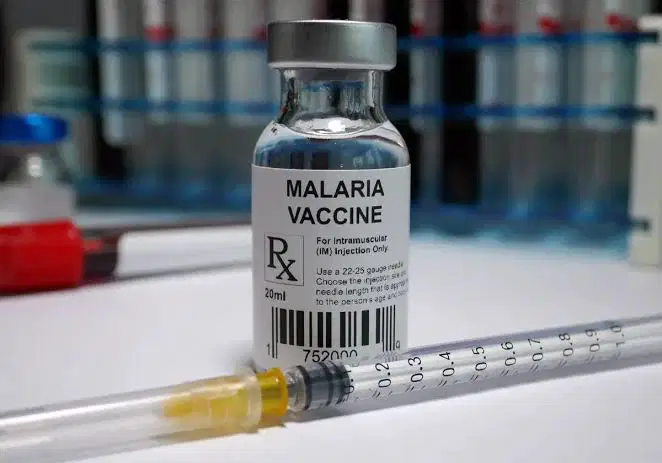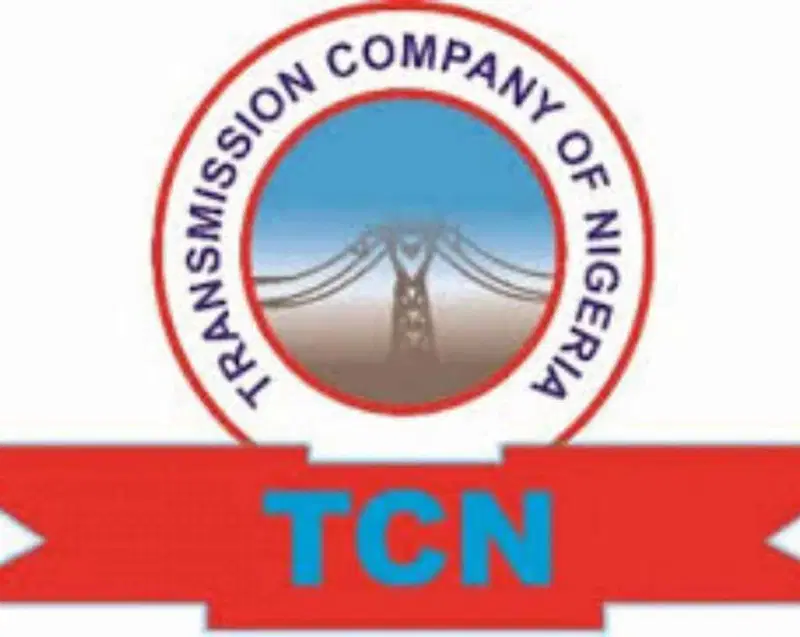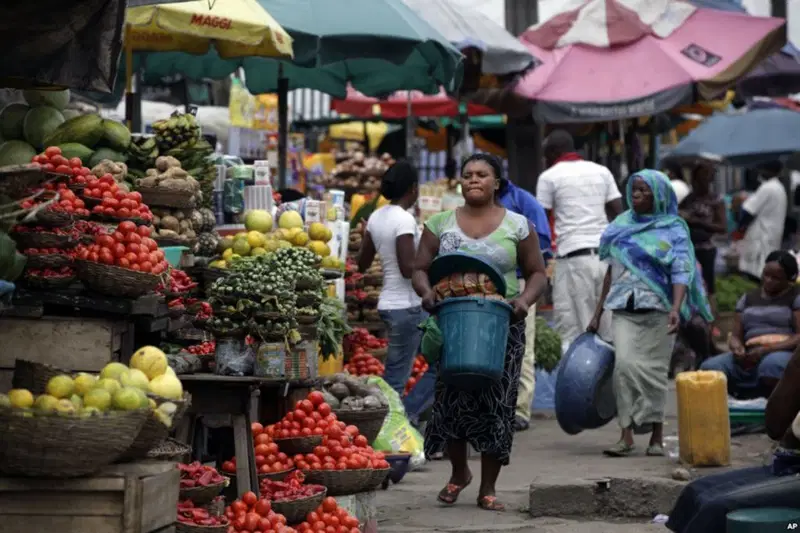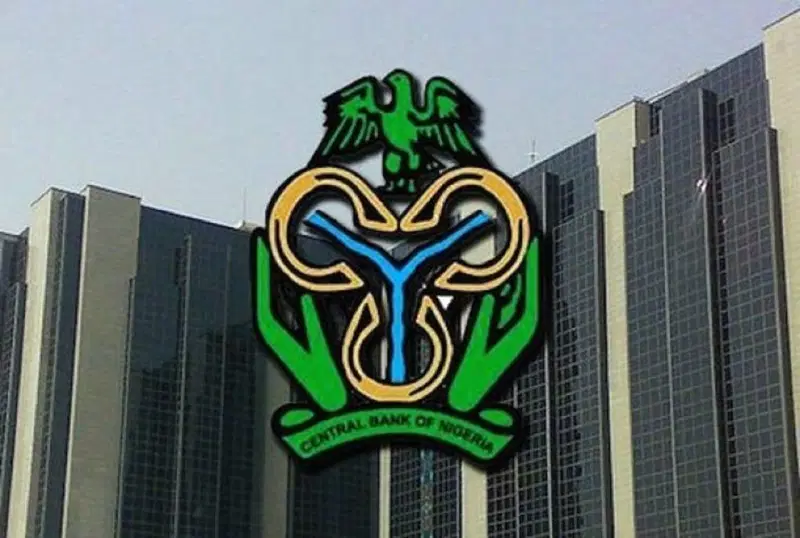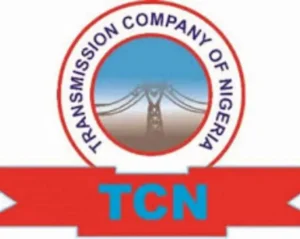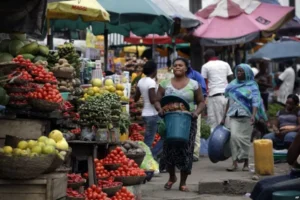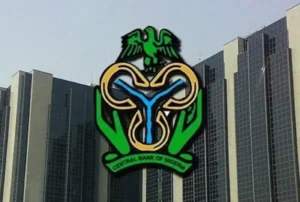- Initial rollout to target high-burden regions, particularly rural areas with limited access to healthcare
- Global health partners, including WHO, UNICEF, Gavi, and USAID, providing technical and financial support
- Vaccine expected to significantly boost Nigeria’s malaria elimination efforts and reduce malaria-related deaths
Malaria Burden in Nigeria
- Affects 97% of the population
- Year-round transmission in southern regions, up to three months in northern regions
- Primary malaria vectors: Anopheles coluzzii and Anopheles gambiae
Abuja, Nigeria – The Federal Government of Nigeria has received 846,000 doses of the RTS,S/AS01 (Mosquirix) malaria vaccine, marking a significant milestone in the country’s efforts to combat malaria. This vaccine has been proven effective in reducing malaria cases and mortality among young children.
Expert Insights
Prof. Muhammad Pate, Coordinating Minister of Health and Social Welfare: “The vaccine will play a pivotal role in lowering malaria-related deaths.”
Dr. Muyi Aino, Executive Director, National Primary Health Care Development Agency: “Strengthened healthcare systems and enhanced cold chain capabilities will ensure vaccine reach.”
Dr. Eduardo Celades, UNICEF Chief of Health in Nigeria: “Malaria vaccine a significant addition to Nigeria’s toolbox for combating malaria.”
Next Steps
- Rollout to begin in Bayelsa and Kebbi states, chosen due to high malaria burden and logistical challenges
- Nationwide expansion to follow
This development demonstrates Nigeria’s commitment to reducing malaria’s devastating impact. With continued international collaboration and investment in healthcare infrastructure, the country is poised to make significant progress in controlling and eliminating malaria.

